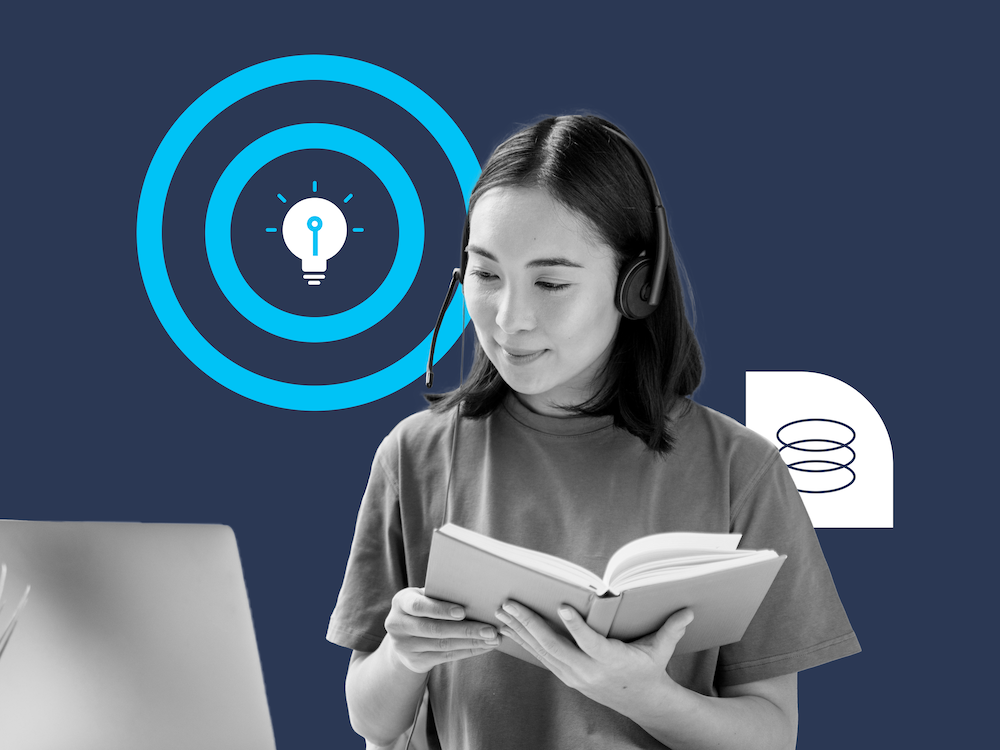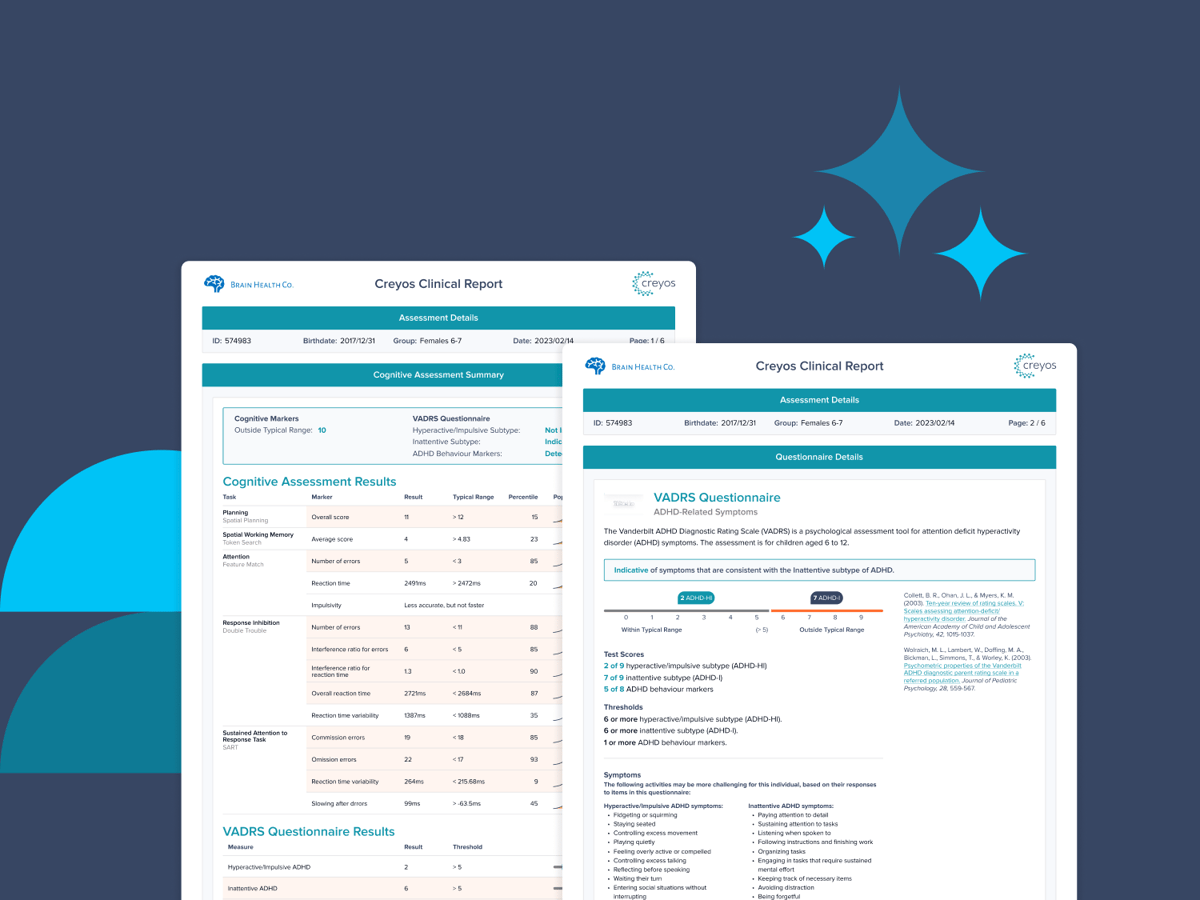
The Conners Rating Scale for ADHD: Accuracy, Uses, and Alternatives
The Conners Rating Scale is a standardized questionnaire...
Read more
Researchers from Western University’s Brain and Mind Institute, led by Adrian Owen (the renowned neuroscientist behind Creyos), used the power of Creyos Research and its ability to deliver cognitive tests over the Internet to answer critical brain health questions.
That’s why they use Creyos.
TABLE OF CONTENTS
Lack of sleep is bad for the brain. Past studies have found that after being awake for 18 hours—the equivalent of a late night out—most people are as cognitively impaired as when they are intoxicated by alcohol. Extend these effects to an entire population that is frequently sleep deprived, and it adds up to widespread loss of productivity, workplace accidents, and other tragic results of cognitive impairment.
Research on small groups of people in sleep labs has revealed a lot about how individuals are affected by sleep loss. There are still unanswered questions, however: exactly how much sleep is “enough” to avoid drops in cognition? Who is most affected by sleep loss, and does the effect of sleep on the brain change with age? Which specific aspects of cognition are most impaired? And do results from the lab hold true out there in the real world?
Sleep deprivation impairs cognitive performance as much as alcohol, but surprisingly little is known about exactly how much the brain is affected, and who is most susceptible. The Creyos Research team needed to conduct a massive online study—with tens of thousands of participants from all over the world—to learn more.
So traditional in-person cognition tests would not be feasible. The tests needed to be engaging enough that participants didn’t drop out, and repeatable so they could record cognition over several nights. That’s why they used Creyos.
Creyos Research provided a scientifically-validated measure of the cognitive domains that matter, along with a way of delivering them to participants at an unprecedented scale.
Over several days, participants answered questions about themselves, tracked their sleep, and completed the Creyos 12-test battery to measure aspects of inhibition, selective attention, reasoning, verbal short-term memory, spatial working memory, planning, visuospatial working memory, and cognitive flexibility.
An online portal was created to gather information about sleep, cognition, and other details about tens of thousands of people. Despite the massive number of participants, it was simple to store and secure participant data, then download it for analysis when the study was complete.
The study ran for several months, without the need for manual intervention from the researchers or staff, and the data was securely stored for later analysis. The result was an extremely rich data set that would not have been possible without the Creyos Research platform.
Running a study on cognition? Any researcher can use Creyos Research to reduce the time needed to set up and run a study or experiment, while maintaining the scientific integrity needed to publish rock-solid results. We’ll handle data collection and aggregation while you focus on the science.

Tens of thousands of participants completed assessments, ensuring that The World’s Largest Sleep Study lived up to its name.
The study’s size and important subject matter attracted international media attention, launching with television and online features on the BBC, then covered by CBC, The Huffington Post, and CNN, raising the profile of the researchers involved and recruiting a sample size that ensured the study lived up to its name.
With a wealth of demographic, sleep, and cognition data, researchers expect that the study will result in several papers, and the novelty and size of the study will ensure they are published in high-profile journals. Early results not only confirm the results of previous lab studies in a naturalistic setting, but reveal some surprises and new research questions as well.

The Conners Rating Scale is a standardized questionnaire...
Read more

The prevalence of attention deficit hyperactivity disorder...
Read more

Playing a musical instrument is more than a hobby—it's a...
Read more